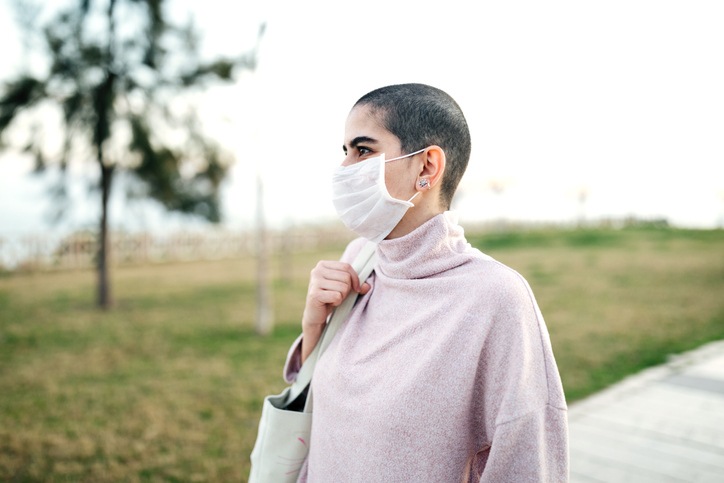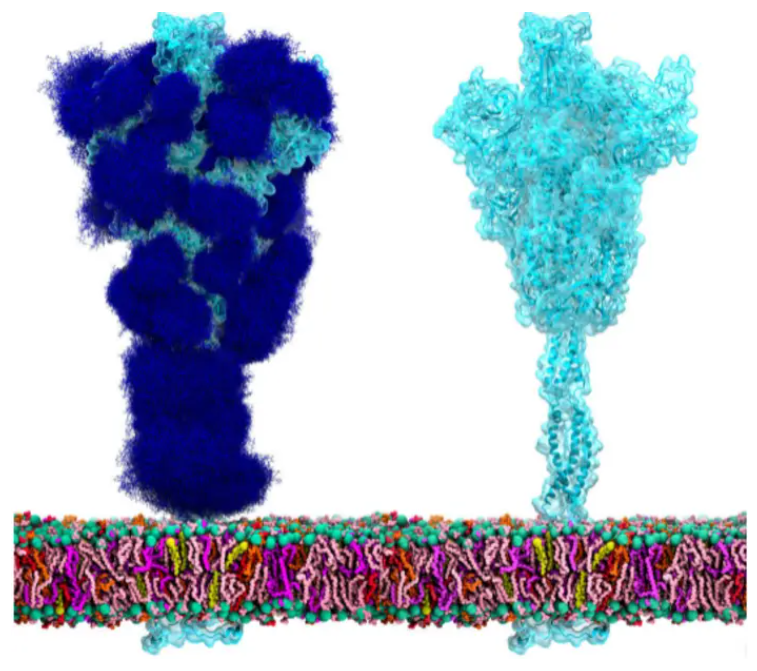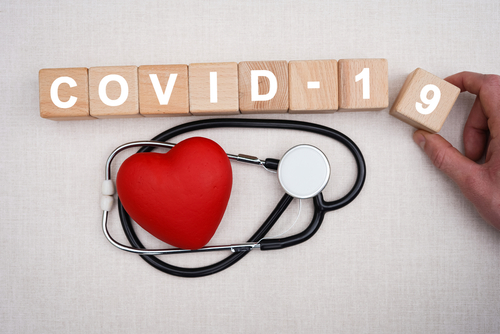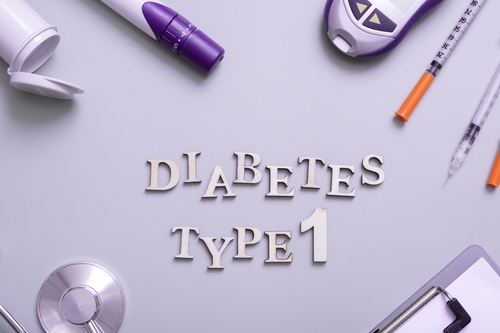
Cancer patients have been found to have a higher likelihood of contracting COVID-19. Researchers recently examined the management and outcomes of these patients. They found that patients on anticancer treatments may have a greater risk for mortality.
“Currently, several guidelines regarding the management of patients with cancer also have been proposed, but arguably, these are mostly consensus agreements, with little guidance derived from data regarding the outcomes of patients with cancer who are diagnosed with COVID‐19. Examples of some pertinent questions include possible differences in the severity of COVID‐19 between patients with different cancer types and the implications of active anticancer treatment on the clinical presentation, severity, and treatment outcomes of COVID‐19 pneumonia,” the study authors wrote.
This multicenter, retrospective study included hospitalized patients at five Wuhan City, China, hospitals between Jan. 5 and March 18. Medical records were analyzed for cancer type, cancer treatment, and COVID-19 clinical parameters. The main outcome measure was overall survival. Other outcomes included the association between clinical factors and severe COVID-19 and overall survival.
Final analysis included 107 patients diagnosed with COVID-19 (median [range] age, 66 [37-98] years). The most commonly observed cancer types were lung (n=21; 19.6%), gastrointestinal (n=20; 18.7%), and genitourinary (n=20; 18.7%). About a third of patients (n=37; 34.6%) were on active anticancer treatment when they received their COVID-19 diagnosis. The remaining patients (n=70; 65.4%) were on follow-up. Among the total cohort, just over half of patients (n=56; 52.3%) developed severe COVID-19. Patients on anticancer treatment were more likely than those on follow-up to develop severe COVID-19 (64.9% vs. 45.7%); anticancer treatment patients had poorer overall survival compared to follow-up patients (hazard ratio, 3.365; 95% confidence interval, 1.455 to 7.782; P=0.005). The correlation between anticancer treatment and overall survival was independent of exposure to systemic therapy; the case fatality rate for systemic therapy was 33.3%, compared to 43.8% for nonsystemic therapy.
The study was published in Cancer.
“Based on this and other studies, it therefore is imperative to consider the deferment of anticancer treatment, if possible, in patients with cancer who unfortunately are diagnosed with COVID‐19. In the same vein, we reiterate that tight infection control measures are crucial to prevent the risk of virus transmission to patients who are receiving ongoing anticancer treatment,” the researchers concluded.







 © 2025 Mashup Media, LLC, a Formedics Property. All Rights Reserved.
© 2025 Mashup Media, LLC, a Formedics Property. All Rights Reserved.